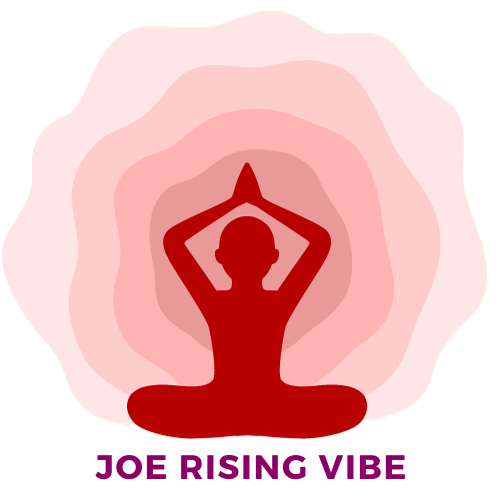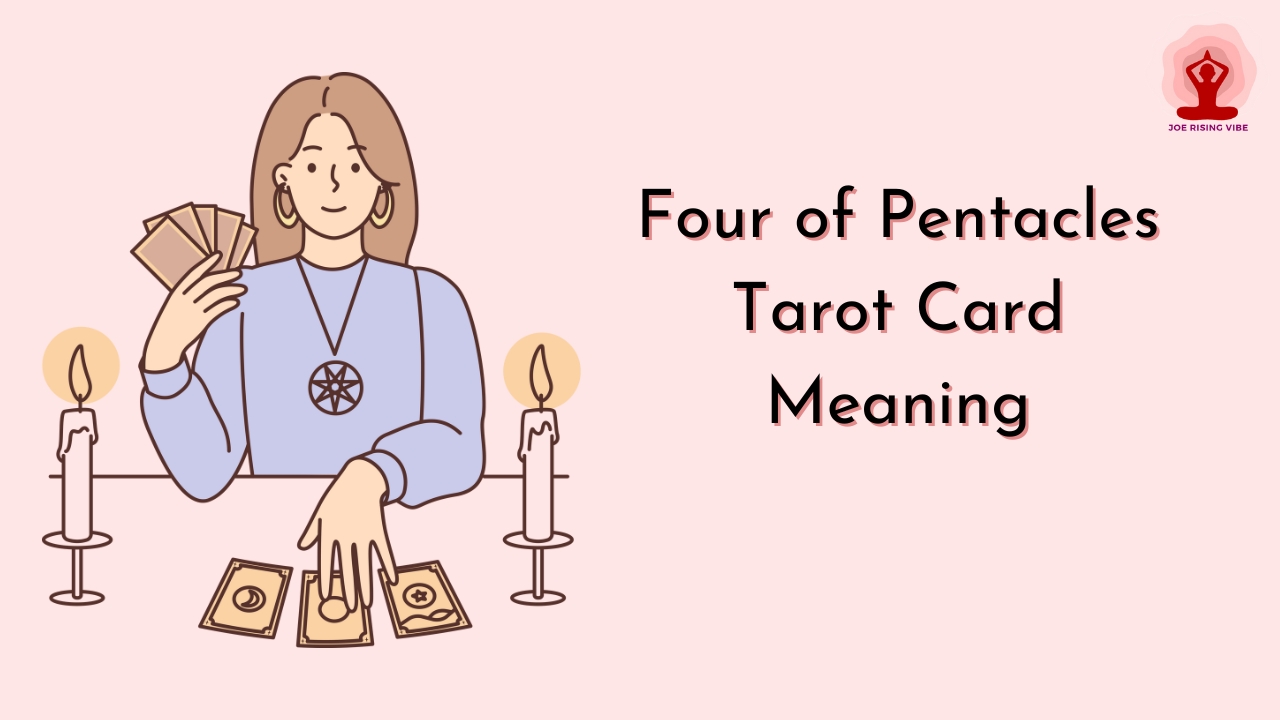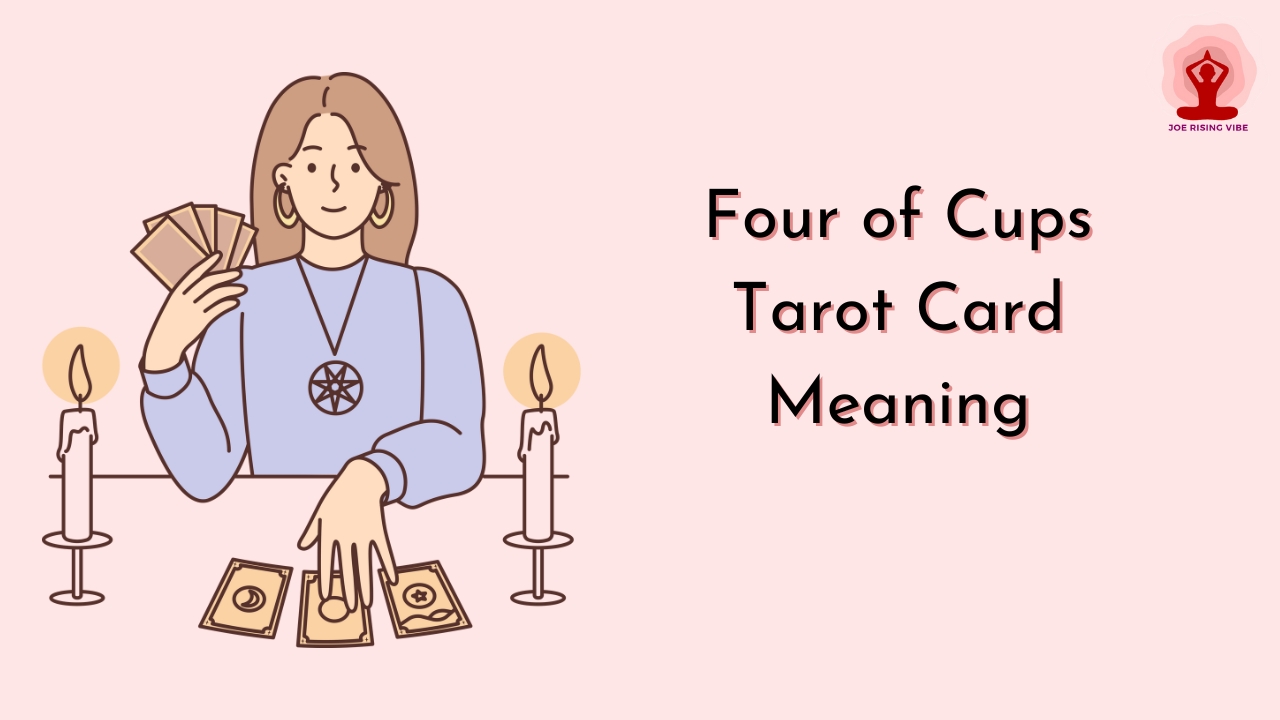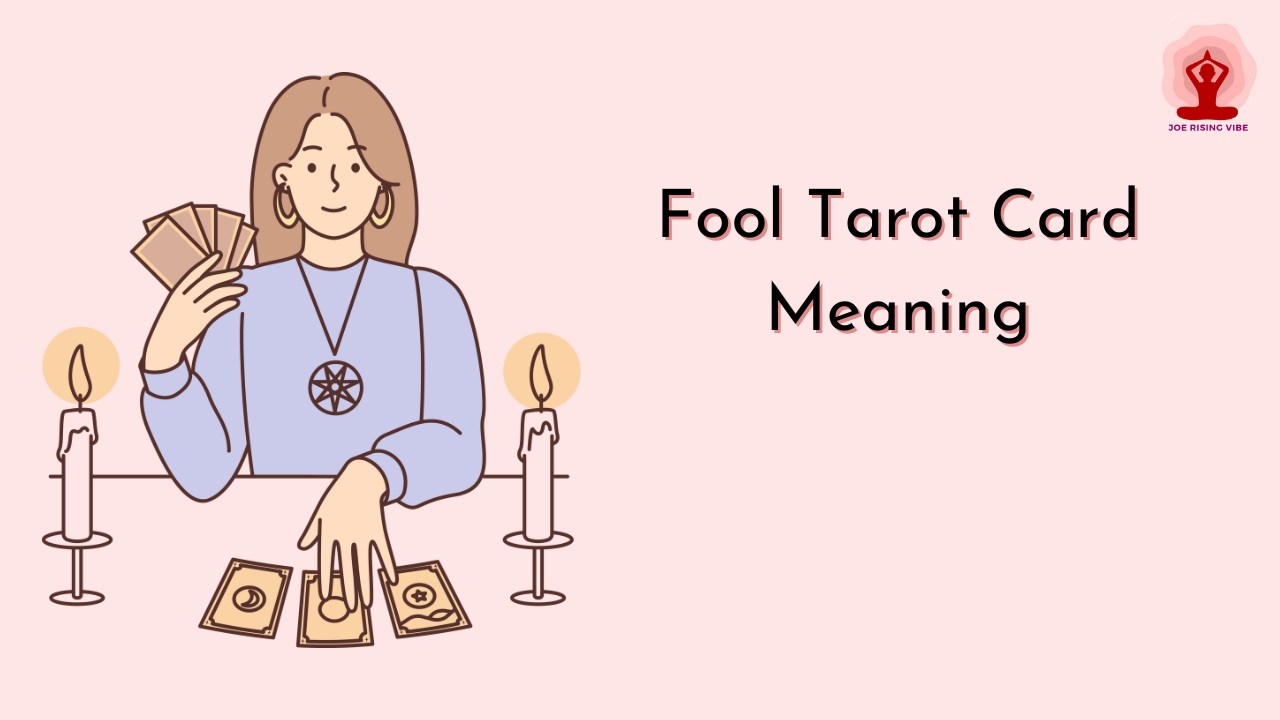Reiki is a form of energy healing that aims to balance the body’s energy and promote relaxation. It works by channeling positive energy into the recipient, allowing for physical and emotional healing.
What is Reiki?
Reiki is a form of energy healing. A practitioner uses their hands to help the flow of energy in your body. They aim to fix imbalances and promote wellness. It can feel like a warm, gentle current smoothing out stress and blocks within you.
This practice touches on physical, emotional, and spiritual levels.
During Reiki sessions, you may sense heat, tingling or even see colors as energy shifts. People often leave feeling more balanced and relaxed. Some find relief from pain or gain clarity on life issues after a session.
Each experience with Reiki is unique because it caters to your needs at that moment.
How Does Reiki Work?
Reiki involves channeling positive energy through the practitioner’s hands to the recipient, aiding in balancing and clearing energy blockages within the body. This gentle yet powerful practice is based on the principle that life energy flows through us, impacting our well-being.
By placing hands lightly on or over specific areas of the body, Reiki practitioners facilitate this flow of energy, promoting relaxation, stress reduction, and healing. During a session, recipients may experience various sensations such as warmth, tingling or deep relaxation as stagnant energy is released and equilibrium is restored within their chakras.
The process of Reiki works by enabling self-healing mechanisms in individuals through its calming effects on emotional and physical levels. The attuned practitioner serves as a conduit for universal life force energy to flow into the recipient’s body.
Potential Side Effects of Reiki
Experience a range of side effects after a Reiki session, including shifting energy in the body, intense fatigue, emotional surges, and changes in digestion. These side effects are normal as the body adjusts to the healing process.
Shifting and moving of energy in the body
The body may experience sensations such as heat or coolness, tingling, buzzing, and electrical sparks during Reiki. After a session, one might feel calmer, more relaxed, free, light, at ease, relieved or grounded within their life.
The practice can release blockages in the body and lead to intense emotional reactions like crying or anxiety.
The energy shifts can also result in side effects such as sudden surges of emotions like anger or sadness. Some individuals may even feel drained of energy after giving Reiki due to its intense and consuming nature for practitioners.
Tingling, bubbling, and zinging sensations
During a Reiki session, you may experience tingling, bubbling, or zinging sensations throughout your body. These feelings are a result of energy movement and can indicate the release of tension and blockages.
It’s common to feel these sensations particularly in areas where energy is being shifted and balanced.
After the session, some individuals report feeling lightness or warmth along with profound relaxation due to these sensations. This heightened sensitivity often indicates that the flow of life force energy has been awakened within the body, creating a sense of balance and well-being.
Highly emotional surges or mood swings
After Reiki, it’s common to experience sudden emotional shifts like crying, anger, or anxiety. These intense feelings are part of the body’s natural response to energy release. Receiving extra support can lead to improved mental clarity and peace, allowing you to manage these reactions effectively.
Additionally, managing emotional reactions can greatly improve your overall health and wellbeing.
Remember that after a Reiki session, feeling highly emotional is a normal part of the healing process for many individuals. Seek additional support if needed to navigate through these emotions successfully and experience improved health and joy in your life.
Intense fatigue, feeling drained of energy, or flu-like symptoms
Intense fatigue or feeling drained of energy may occur after Reiki due to the release of emotional and energetic blockages, which can be taxing on the body. This depletion of energy is a common side effect and could also manifest as flu-like symptoms, such as muscle weakness and achiness.
Pay attention to your body’s needs during this time and prioritize rest and self-care to support your recovery.
Seeking additional support if needed is crucial for managing these feelings effectively. Acknowledge that these symptoms are part of the energetic shift brought about by Reiki, making it essential to listen to your body and give yourself the necessary time for recuperation.
Change in digestion including increased gas/burping
After a Reiki session, it’s common to experience changes in digestion, such as increased gas or burping. This may be attributed to the body’s release of energy and toxins, leading to temporary digestive adjustments.
It’s important to listen to your body and allow these changes to occur naturally without suppressing them.
Receiving Reiki can lead to shifts in the body’s energy flow which might affect digestion, causing an increase in gas or burping. These symptoms are part of the body’s natural detoxification process after a Reiki session and are usually transient.
Coping with Reiki Side Effects
Rest and relaxation are crucial for coping with Reiki side effects. Listening to your body’s needs, avoiding over-exertion, and seeking additional support if needed can also help in managing any potential discomfort after a Reiki session.
Rest and relaxation
After Reiki, it’s essential to prioritize rest and relaxation. This can include taking time for yourself, engaging in activities that bring you peace and calmness such as meditation or gentle stretching exercises.
Paying attention to your body’s cues is crucial – if you feel tired, allow yourself to rest without feeling guilty. Listen to soothing music or spend time in nature; these activities can support emotional release and self-care while aiding adrenal gland health.
Remember the importance of self-care after Reiki – take a moment for deep breaths or practice mindfulness exercises. Practicing self-compassion during this period can help manage any intense emotions that may arise post-Reiki attunement.
Listening to your body’s needs
Listen to your body’s needs after Reiki by resting and engaging in self-care activities such as deep breathing, meditation, or gentle stretching. Pay attention to any physical or emotional reactions and address them with compassion and understanding.
Stay hydrated, eat nourishing foods, and avoid over-exertion. Seek additional support if needed to manage any intense emotional surges or energy shifts you may experience.
Engage in activities that promote relaxation and restoration based on how your body feels after a Reiki session. Take time for self-reflection and mindfulness to honor the process of healing taking place within you.
Avoid over-exertion
After Reiki, it’s crucial to avoid over-exertion as your body needs time to integrate the energy shifts. Listen to your body’s signals and prioritize rest and relaxation to support the healing process effectively.
Overexerting yourself can impede the positive effects of Reiki and may exacerbate any side effects you experience, so allowing yourself adequate time for recovery is key in maximizing the benefits.
Engaging in gentle activities like walking, yoga, or meditation can be beneficial, while strenuous exercises should be avoided until your energy levels stabilize. Prioritize self-care and take things at a pace that feels comfortable for you, allowing your body to adjust after the session.
Seek additional support if needed
If you experience intense emotional reactions or physical discomfort after Reiki, don’t hesitate to seek additional support. It’s important to manage any negative experiences effectively, as doing so can lead to improved mental clarity, peace, and joy.
Whether it’s talking to a trusted friend or seeking professional help, getting the right support can make a significant difference in your overall well-being. Remember that by receiving extra assistance in coping with emotional and physical reactions post-Reiki, you may find yourself feeling more grounded within your body and life.
Remember that if you’re feeling overwhelmed by the effects of Reiki, seeking additional support is crucial for managing any intense emotional or physical responses. Accessing this kind of assistance can contribute significantly to improved health and mental well-being post-treatment.
Conclusion
In conclusion, the day after Reiki may bring about a range of feelings and sensations. It’s normal to experience shifts in energy, emotional surges, and physical symptoms such as fatigue or changes in digestion.
Taking time for rest, listening to your body, and seeking support can help manage these effects effectively. Remember that everyone’s experience with Reiki is unique, so it’s essential to pay attention to your own needs and reactions.





